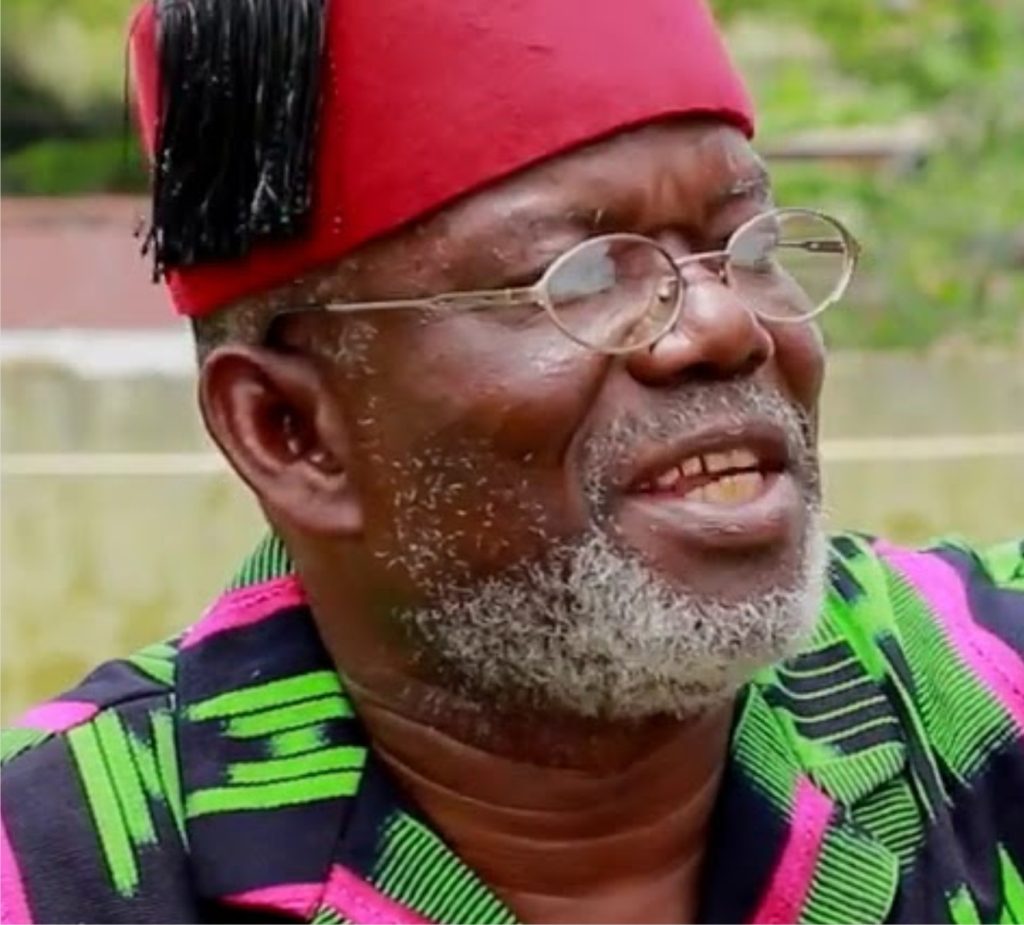The decision by the late Senator Prince Y. Johnson to honor former Togolese President Gnassigbe Eyadema with the naming of a hall at his newly established PYJ Polytechnic University has sparked outrage among the people of Nimba County. This controversy erupted shortly after Johnson’s death on November 28, 2024, following a long career that included multiple terms in the Liberian Senate. His passing came just a day after he dedicated the GNASSIGBE EYADEMA Hall at the university in Ganta City, a gesture that many residents felt overlooked prominent Nimbaians in favor of a foreign leader. The move was quickly critiqued by locals, who voiced their frustrations on radio broadcasts, lamenting that Johnson’s decision did not reflect the contributions of his own people after 27 years in power.
In public discussions, residents expressed a mixture of disappointment and anger, viewing the dedication as a failure to recognize those who contributed to Nimba County’s development. They questioned why a foreign figure was chosen to be honored when notable individuals from their own community could have been recognized instead. Such frustrations were not merely about the decision itself, but also reflected deeper sentiments regarding local representation and historical neglect. Johnson attempted to justify his choice by recalling Eyadema’s prior support, particularly in relation to a book he published amidst the civil turmoil, which might have shaped the perception of their relationship but left many questioning the appropriateness of this tribute.
With the announcement of Johnson’s passing, reactions varied significantly across Liberia. Some citizens remembered him as a figure of resilience who championed the interests of the Nimba community during the turbulent years of civil unrest. Conversely, others pointed to his violent past, which included the execution of former President Samuel K. Doe, and atrocities carried out under his leadership of the Independent National Patriotic Front of Liberia (INPFL). The spectrum of public sentiment regarding Johnson highlights the conflicting narratives surrounding his legacy, making it clear that his past actions continue to elicit mixed feelings among different groups.
In the aftermath of his death, reactions were polarized. In places like Saytown on 11th Street in Monrovia, some celebrated his demise, while others expressed dismay, citing personal experiences of trauma from the civil war. One resident, Bas Wahles, criticized the jubilant reactions to Johnson’s death, arguing for a more respectful approach that acknowledges the complexity of his contributions. She highlighted the shared responsibility for the violence that marred Liberia during the conflict, urging the community to recognize Johnson’s efforts toward development, despite his controversial past.
Furthermore, residents like Princess Davis articulated their grief over lost family members and the tragedy of war, suggesting that true reconciliation would require accountability from various political figures involved in the violence. She emphasized the need for healing that acknowledges not just Johnson’s actions but also those of his contemporaries in Liberia’s political history. The call for accountability aligns with ongoing governmental efforts, such as the establishment of an Office for War and Economic Crimes under President Boakai, which signals a desire to confront the past, albeit surrounded by the grim reality that many perpetrators may never face justice.
As the cycle of violence and political upheaval continues to echo through Liberian society, Johnson’s legacy serves as a stark reminder of the complexities involved in reconciling with a tumultuous past. The Truth and Reconciliation Commission’s findings underscore the challenges facing the nation as it grapples with issues of justice and historical memory. While Johnson’s death has ignited discussions about the past and its lasting impacts, it also raises critical questions about how Liberia can begin to heal politically and socially, especially with the passing of key figures who shaped its recent history.


